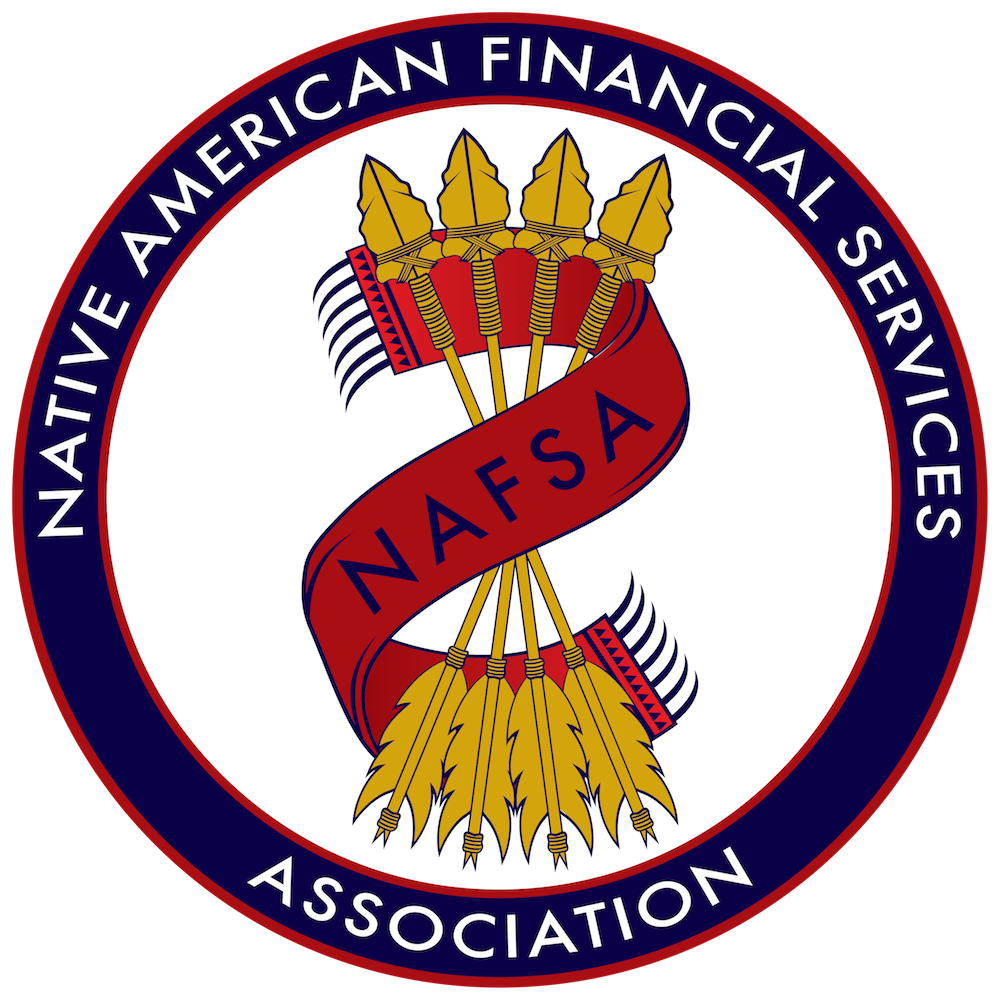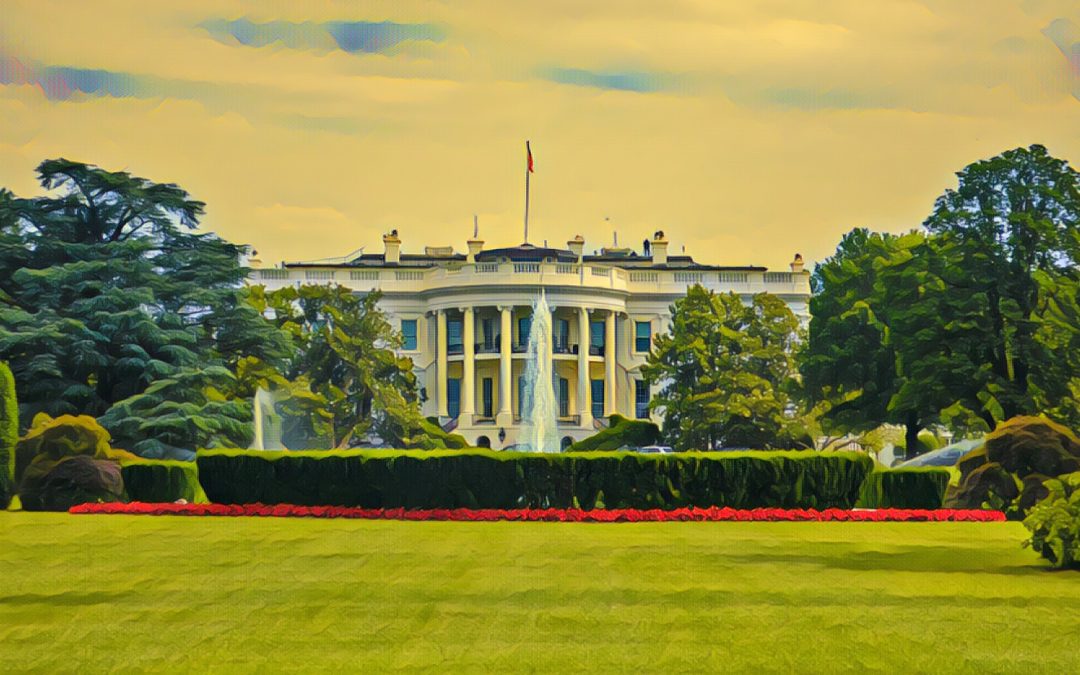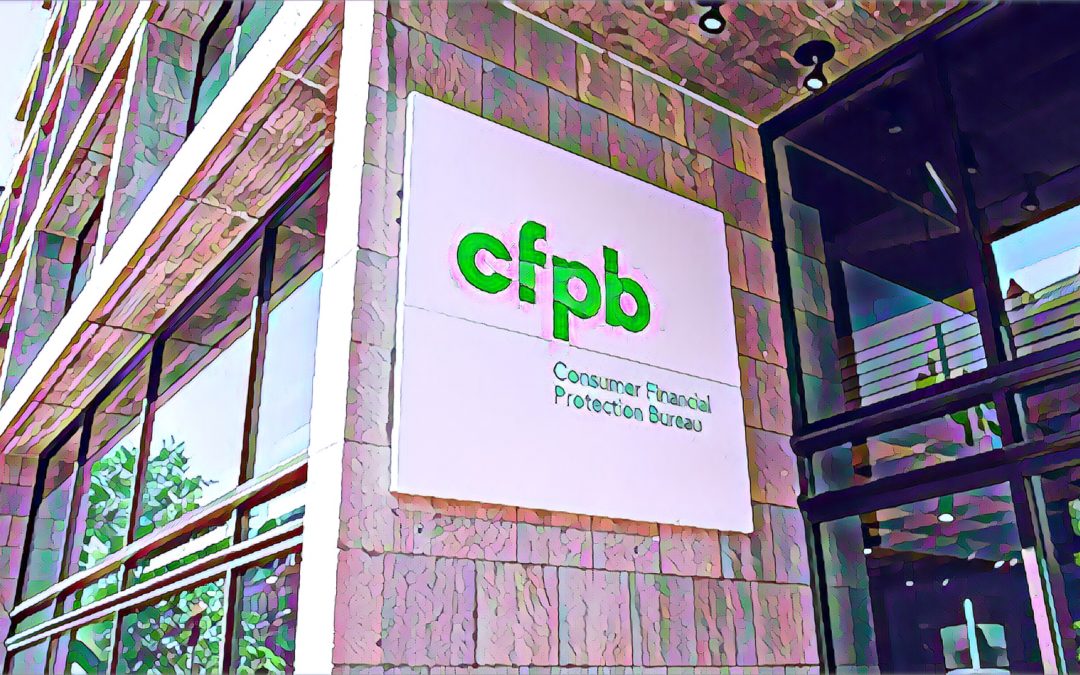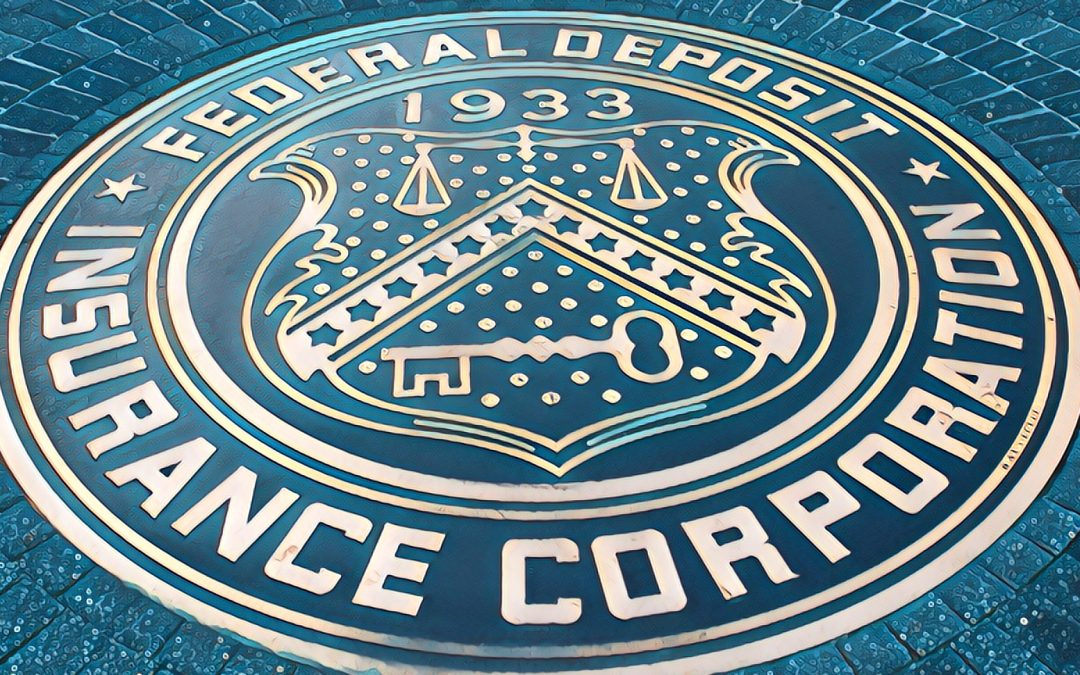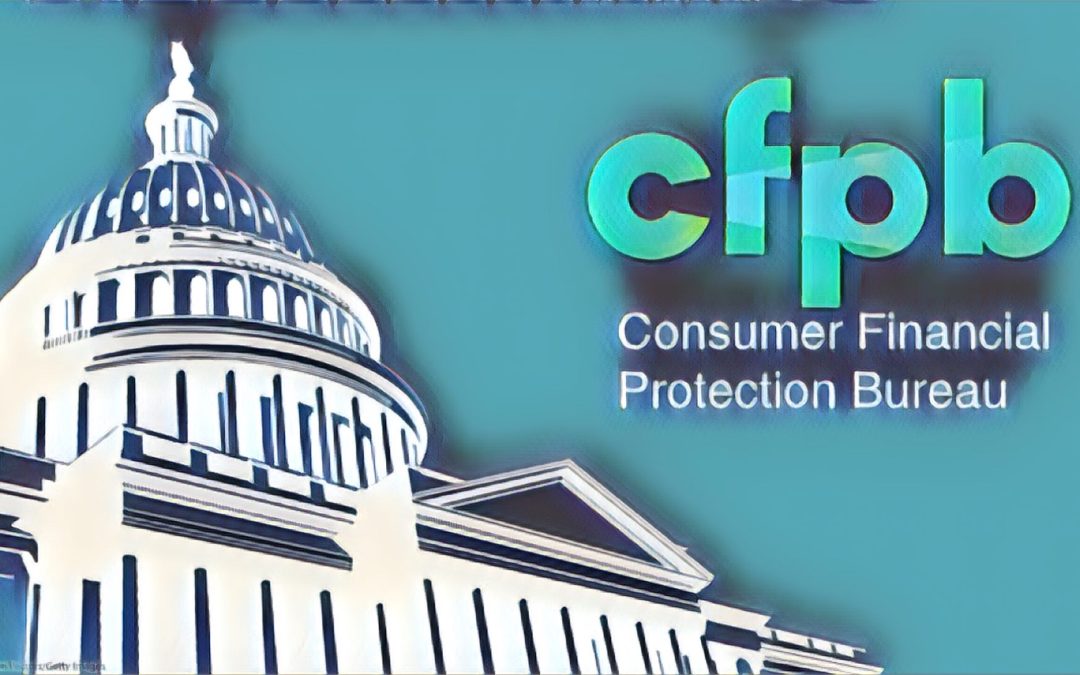The Latest Financial News
Number of Consumers Using BNPL to Pay for Groceries Has Nearly Doubled
Data from an April LendingTree report shows that 25 percent of buy now, pay later (BNPL) users have used the service to buy groceries, up from 14 percent a year ago. Lending services like Affirm, Afterpay, Klarna, and PayPal have risen in popularity in recent years as cash-strapped consumers look…
CFPB Proposes Rescinding Nonbank Supervision Registry Rule
The Consumer Financial Protection Bureau (CFPB) recently proposed a rescission of its rule requiring nonbank financial firms to register with the agency if they are subject to any court order or regulatory enforcement order. The rule applied to any nonbank entity offering consumer financial products or services. “The Bureau is…
New York Budget Includes Strict Licensing for BNPL Companies
Earlier this month, New York state introduced legislation that imposes strict licensing requirements and other rules on Buy Now, Pay Later (BNPL) products as part of Governor Kathy Hochul’s new budget, which also includes several other measures focused on consumer protection. To operate in the state, BNPL companies would have…
CFPB Rescinds Nearly 70 Pieces of Guidance
The Consumer Financial Protection Bureau (CFPB) recently withdrew 67 pieces of prior guidance, including those regarding overdraft fees, BNPL, fair lending, earned wage access programs, and more. Acting CFPB Director Russell Vought claimed that many of the documents imposed “compliance burdens” and are inconsistent with statutory text. “Even where the…
Trump Administration Withdraws McKernan’s CFPB Director Nomination, Instead Nominates Him for Senior Role at Treasury
Jonathan McKernan, a former FDIC board member who President Trump nominated in February to lead the Consumer Financial Protection Bureau, has had his nomination withdrawn. Instead, President Trump has nominated McKernan to be Undersecretary of Domestic Finance at the Treasury Department. McKernan has been awaiting a Senate confirmation vote for…
CFPB Firings on Hold As Legal Battle Continues
Last week, the U.S. Court of Appeals for the D.C. Circuit reinstated a district court order blocking the agency’s planned reductions in force while also blocking the Trump administration from trying to shift funding away from the CFPB. The underlying lawsuit was brought by the CFPB’s trade union and challenged…
FDIC Looking To Reduce Staff By 1,250
An internal memo sent to staff last month at the Federal Deposit Insurance Corp. (FDIC) revealed that the agency is looking to reduce its staff by 1,250, a downsizing of 20 percent. The 1,250 figure includes roughly 500 employees who already agreed to the recently announced Deferred Resignation Program, as…
62% of Credit Card “Outsiders” Using Some Other Form of Credit
A recent report from PYMNTS Intelligence and Atelio by FIS entitled “Decision Guide: What Credit Card Outsiders Want — and How FIs Can Bring Them Back,” found that a strong majority (62 percent) of consumers without traditional credit cards are more receptive to other credit-related products like buy now, pay…
CFPB Attempts to Lay Off 90% of Staff, Although Judge Temporarily Halts Efforts For Now
Last week, multiple outlets reported that the Consumer Financial Protection Bureau (CFPB) was planning to cut roughly 1,500 employees—or 90 percent of its staff—leaving only approximately 200 staffers in place. The following day, the attempt was temporarily halted by U.S. District Judge Amy Berman Jackson who felt the layoffs would…
CFPB Drops Enforcement of Nonbank Registry
Last week, the Consumer Financial Protection Bureau (CFPB) announced that it will not prioritize enforcement of a regulation creating a registry for nonbank financial companies that have broken consumer laws and have been subject to government or court orders. The regulation, “Registry of Nonbank Covered Persons Subject to Certain Agency…
The Impact of Tribal Financial Services
Coming from a history of staggering unemployment rates, limited opportunities, and lack of access to fundamental resources, Native American tribes began online lending businesses to create real change for the future. Internet commerce has been a vehicle for supporting economic growth, tribal services, and tribal development. These are their stories.
Expanding Our Advocacy: Tribal Finance in the Digital Age
NAFSA is evolving to meet the financial future of Indian Country.
While we continue our core mission of protecting and advancing tribal online lending, we are expanding our advocacy to address the growing need for tribal leadership in emerging digital finance sectors—including cryptocurrency, blockchain, decentralized finance (DeFi), sovereign fintech regulation, and more.
These technologies hold tremendous potential for economic diversification, revenue generation, and the protection of tribal sovereignty in the 21st century. That’s why NAFSA is now actively supporting tribal governments and enterprises in:
-
Exploring the legal and economic implications of blockchain and crypto adoption.
-
Designing tribal digital asset regulations and policy frameworks.
-
Understanding the opportunities and risks in crypto mining, tokenized assets, and sovereign digital payments.
-
Building capacity for responsible digital lending, e-commerce, and fintech innovation under tribal law.

Our Mission
To advocate for tribal sovereignty, promote responsible financial services, and provide better economic opportunity in Indian Country for the benefit of tribal communities.

